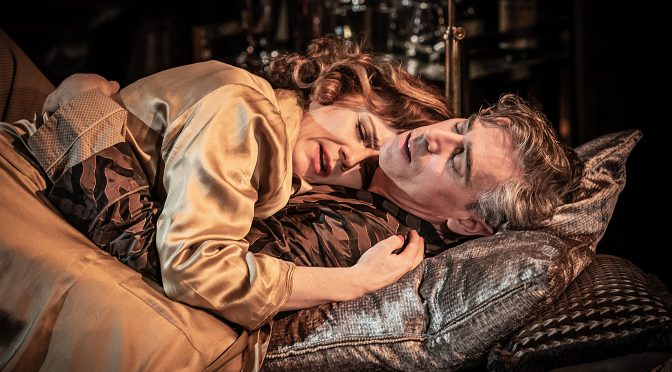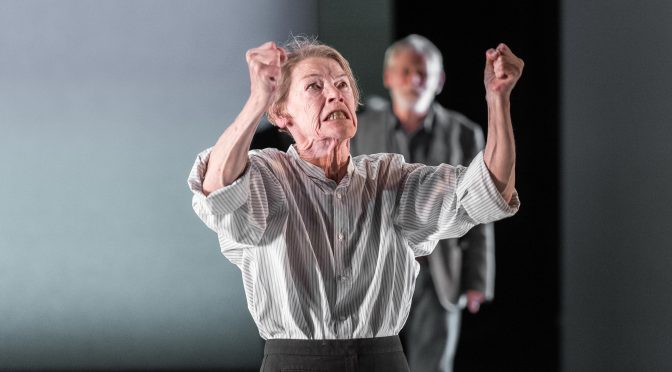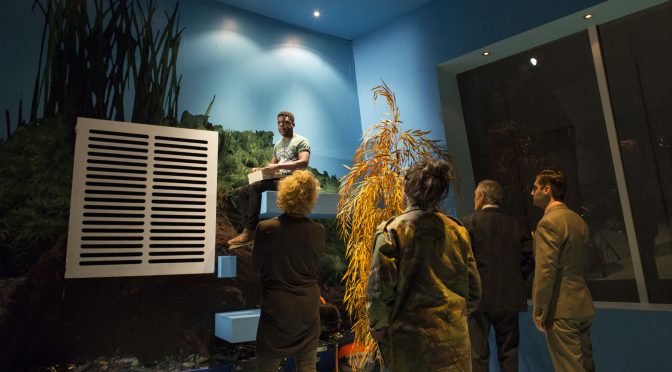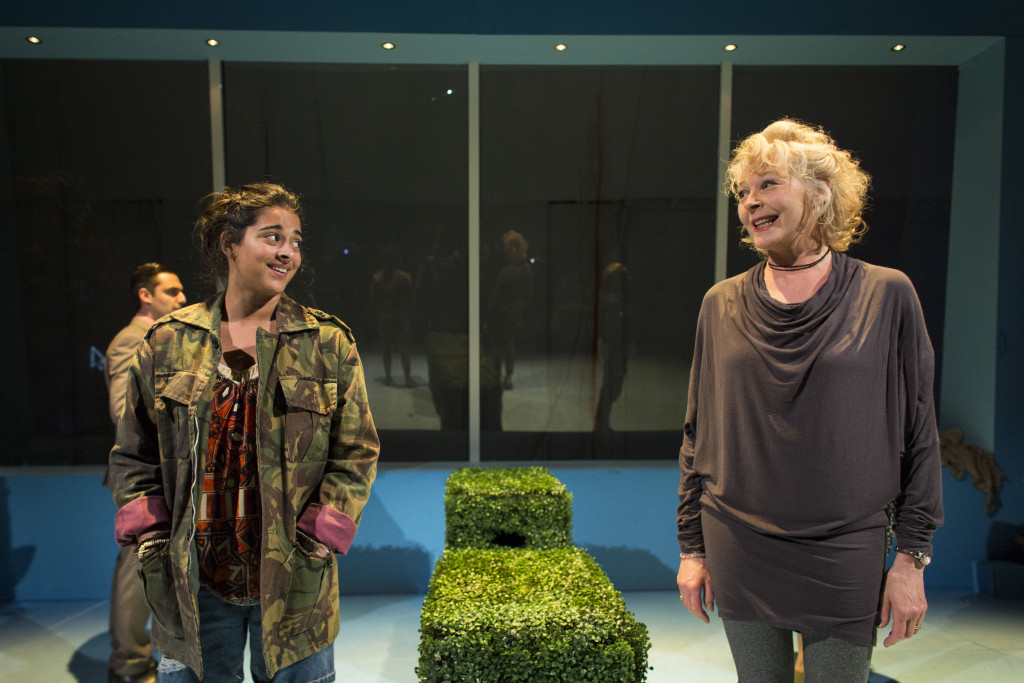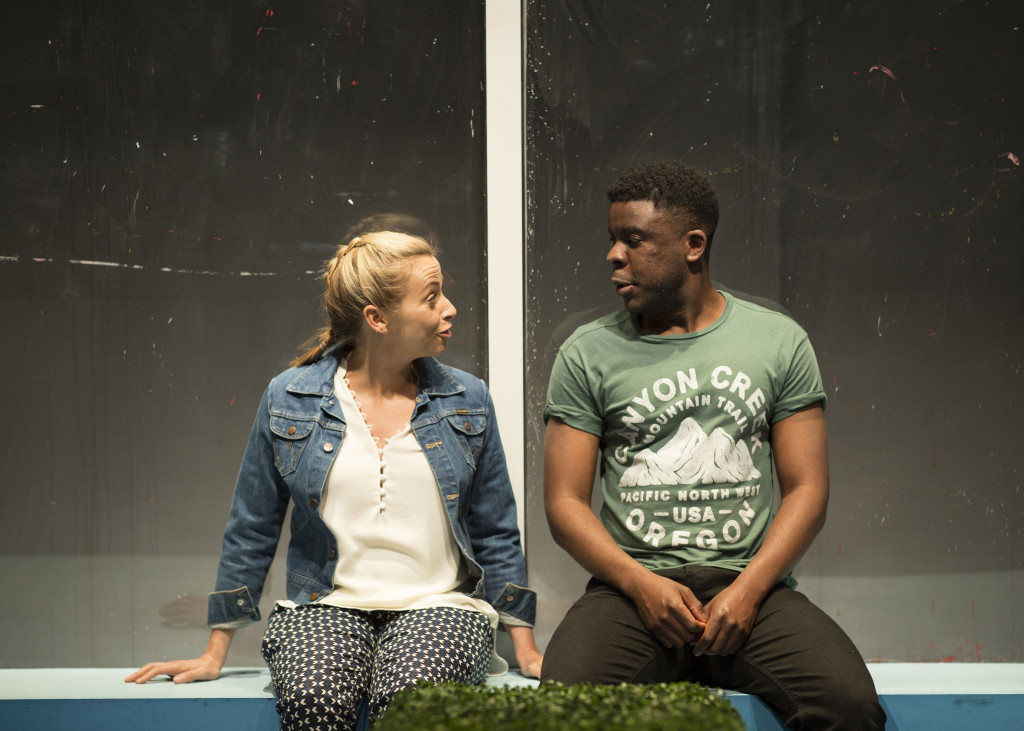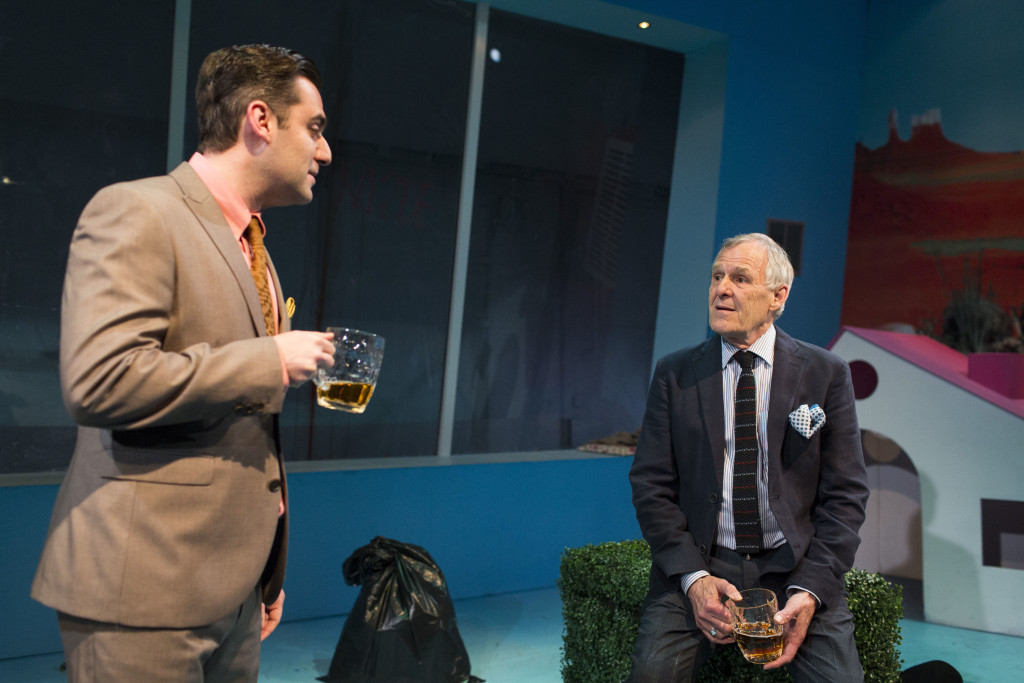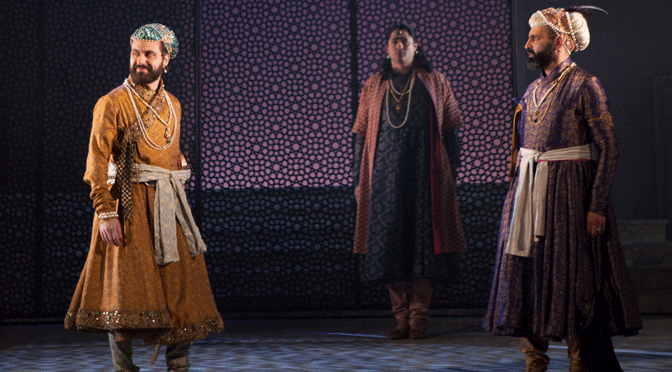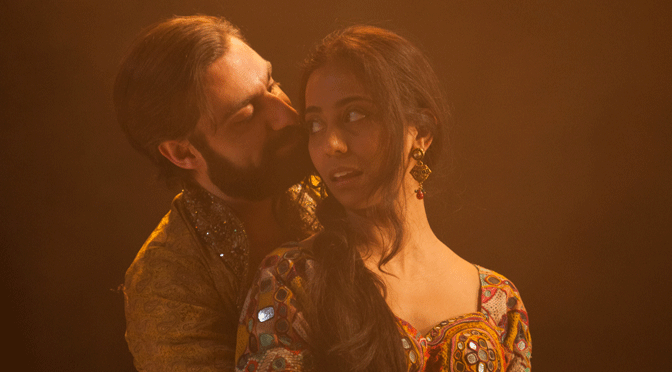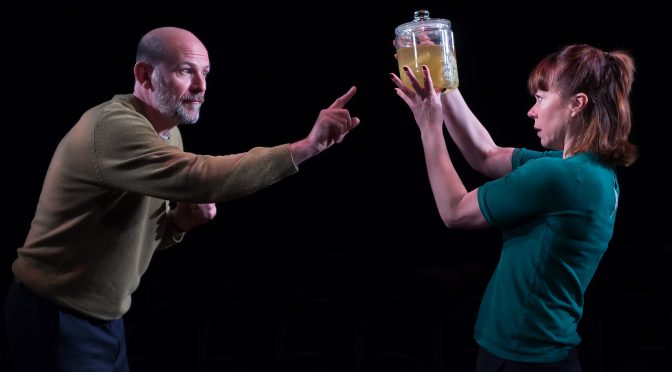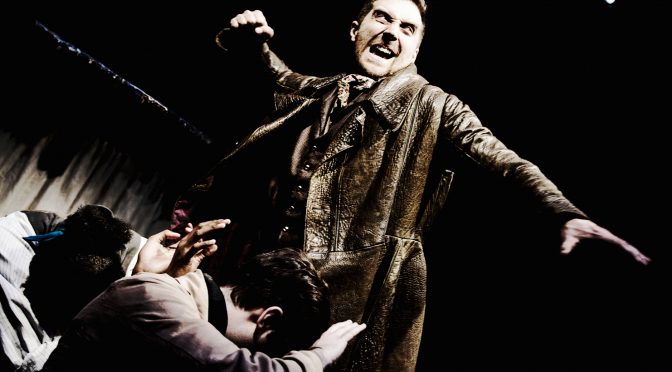For his last season in charge of the venue, director Michael Longhurst presents a radical revival of Noël Coward’s classic play. This Private Lives is exciting and troubled – fitting attributes for Longhurst’s superb time at The Donmar, which has struggled with the problems of Covid-19 and funding.
It is hard not to have expectations about a Noël Coward play – part of the playwright’s genius was to present the seemingly superficial. Longhurst understands this dynamic. His production shows divorcees Elyot and Amanda (reunited while on honeymoon with other people) as far more than frothy.
There are still plenty of laughs in the comedy. But a serious edge comes from Longhurst’s intolerance of Elyot’s domestic violence. The focus comes from the text – Coward is also appalled that Amanda is hit by Elyot – but the action is truly shocking (Kate Waters’ work as fight coordinator is some of the best I’ve seen). And the violence fits with an air of disconnection and desperation that could be described as existential: Amanda talks of her “jagged sophistication”, Elyot says that he is “lost” and troubled by modern life.
Two strong leads – Stephen Mangan and Rachael Stirling – play an important part in the success of the production. Neither is intimidated by the show’s history. Stirling’s Amanda can hold her own in any situation but is surprisingly vulnerable. Mangan’s performance is a revelation, his Elyot a nasty piece of work, however charming. You can tell how good both performers are when they aren’t speaking that sparkling dialogue. Full of passion and intimacy, this couple can communicate without the words an audience usually goes to a Coward play for.
Running away from their new marriages is surely unforgivable – no matter how dysfunctional and unhappy their rekindled love affair will be. Here, Laura Carmichael and Sargon Yelda, who take the parts of new spouses Sibyl and Victor, make their smaller roles a big part of the show. There are laughs from how out of their depth both characters are, but the slow realisation of what Elyot and Amanda are really like adds considerable tension.
Might you still feel sorry for Elyot and Amanda? They “pity the philosophers” who want to try and explain their passion. But is there a design for living here? Or are the couple just like children? There’s plenty to suggest infantilism, including temper tantrums that must be tactically controlled. But Longhurst is harsh and has no time for excuses. The violence in the show feeds on itself and brings further shocks with the finale. Complete with discordant strings, a sudden argument between Sibyl and Victor might even end in murder. Not what you expected – and all the better for seeing these lives out in the open.
Until 27 May 2023
Photos by Marc Brenner

